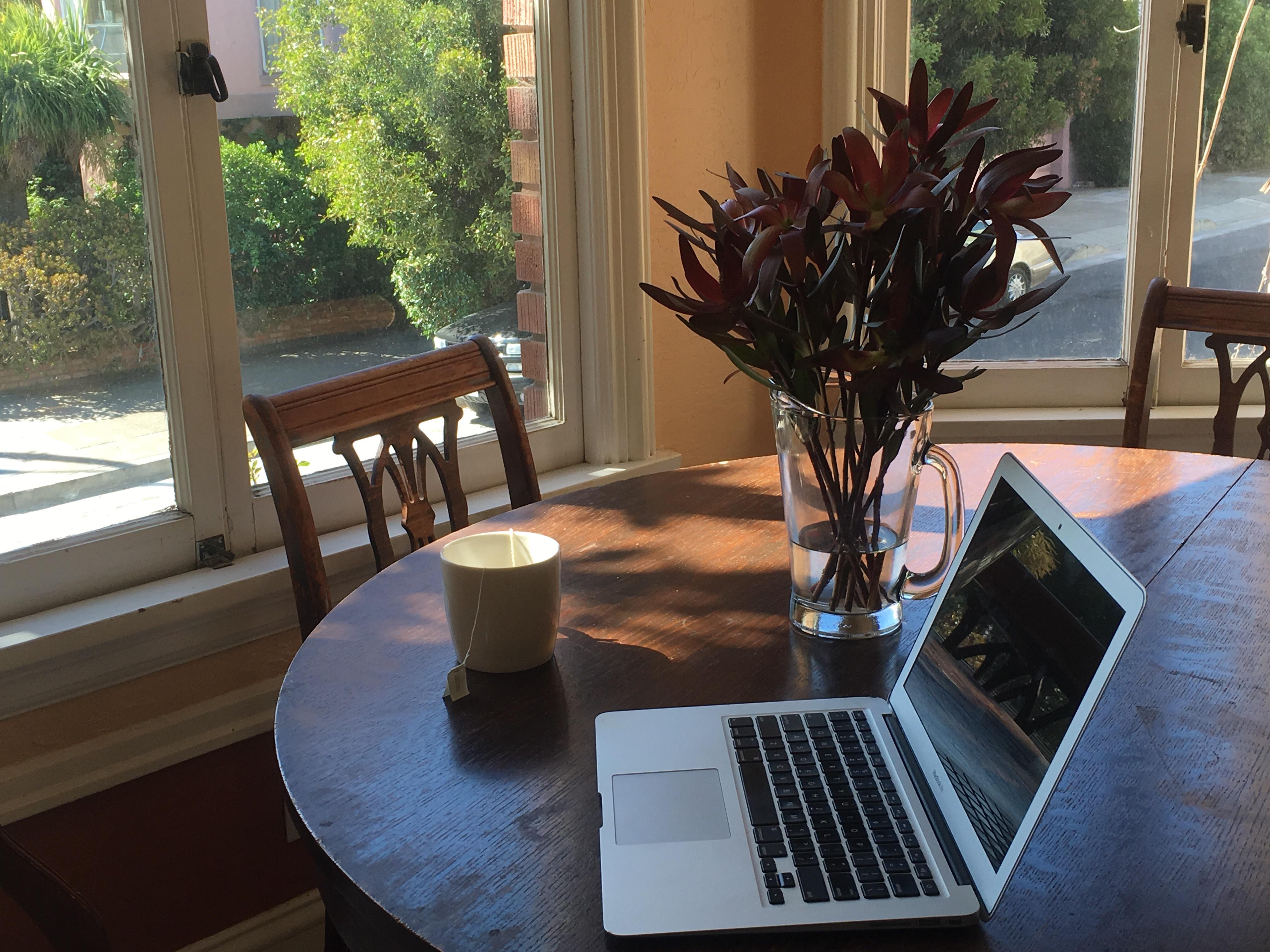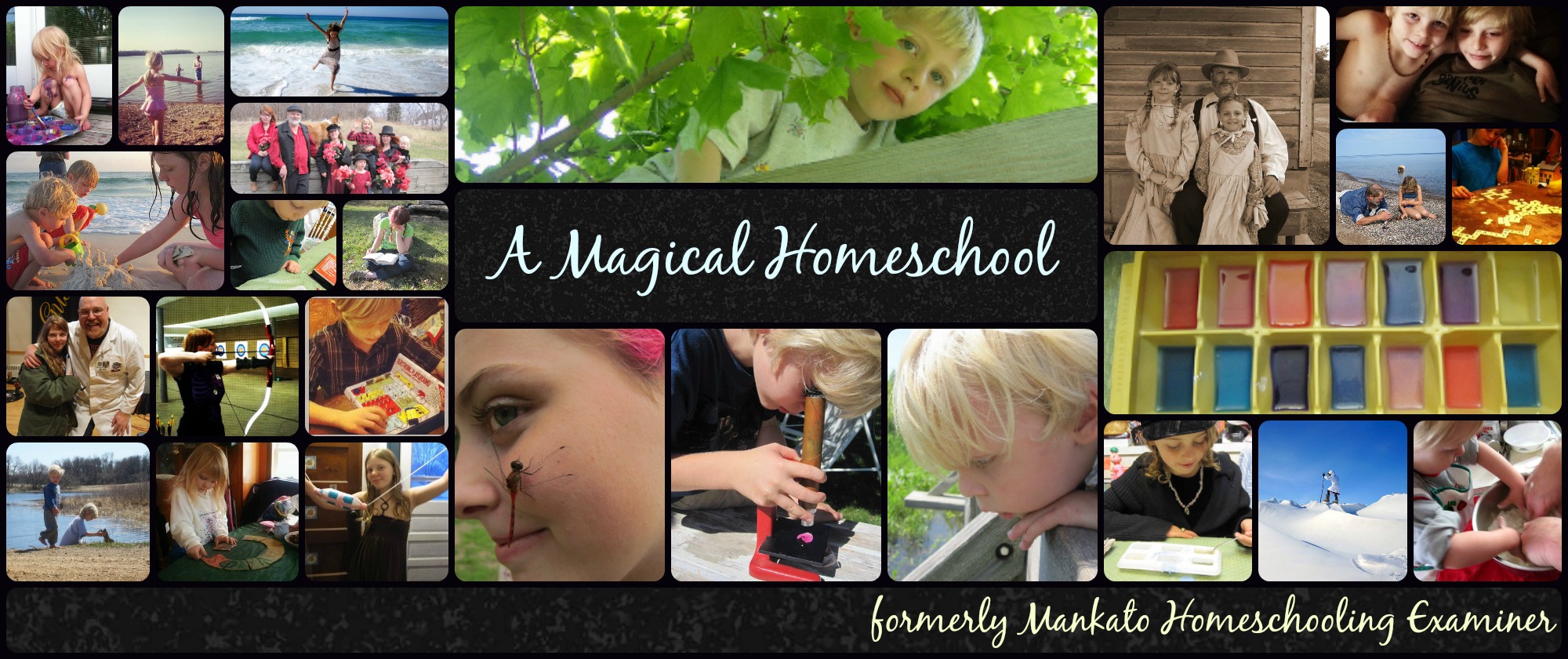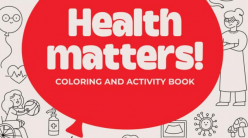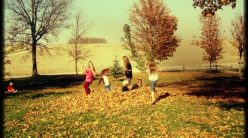
School is starting up again soon, and some parents are starting up at home for the first time. It can be overwhelming trying to choose books, curricula and programs.
Here’s what you need to buy to start out…
Nothing.
Yes, that’s right. Nothing.
The single biggest mistake that new homeschoolers make is investing in too much curricula without knowing whether it will be a good fit for their children.
The second biggest mistake new homeschoolers make is buying school-like curricula to teach their children at home.
If school wasn’t a good fit for your child, then what makes you think you should try to recreate it at home?
Here’s a little secret that most veteran homeschoolers will tell you: You need far less than you think.
Buying a full set of curricula when you’re new to homeschooling is a bit like mail-ordering your wedding dress — without knowing your own size. It’s not likely to fit in the least and will likely sit on a shelf somewhere until you sell it to someone else for a fraction of what you originally paid for it.
Here’s what you do need when you start homeschooling:
- A library card
- Internet access (and preferably a printer)
- Interaction with other homeschoolers — online, in local groups and/or at the state level — ideally, all three (for you and the kids)
- Regular access to nature and the outdoors
- A sense of excitement about the adventure you’re embarking on
Here’s what isn’t absolutely necessary but will make your homeschooling adventure start out even better:
- A vehicle or public transportation to take advantage of learning opportunities in the community (nature centers, museums, historic sites, farms, you name it)
- A Netflix or Hulu membership (there are fantastic and fun educational videos, programs and movies you can find to teach anything you can dream of!)
- Lots of open-ended supplies that will stoke your child’s imagination and curiosity about art, math, science and other subjects. Good starts include Cuisenaire rods, pocket microscopes, a variety of art supplies, science kits, musical instruments of all types, dice, playing cards, blank books to use for journaling and so on. You can find many of these very cheaply at thrift stores, on ebay and even at garage sales.
Spend the first months of your homeschooling journey letting your children build their love of learning. You can supplement with lots of wonderful educational games online and off. If the kids were in school previously and had bad experiences, spend extra time “deschooling” (in general, one month of no structured schooling is recommended for every year the child was in school). If they’re starting fresh as kindergarteners or even preschoolers, then put all thoughts of “sit-down, shut-up, be-still” types of learning away and find out how wonderful organic learning can be when it’s done in a home environment.
Now, if you still want to find those perfect curricula to buy (many homeschooling parents never do use any!), then use this time to discover how your children learn best and what will really suit them. Talk up the parents in your local support groups and ask to see what they use. Look to see if anything is available in the library. Read reviews online and try samples from various programs on a small scale to see what your kids respond to.
For now, take part in a “Not back to school party,” go check out a billion library books, set up a nature table, try your hands at lapbooking, visit the zoos when they’re empty because all the school kids are back in school, and generally enjoy this fantastic, crazy, wonderful new life you’re starting together!





